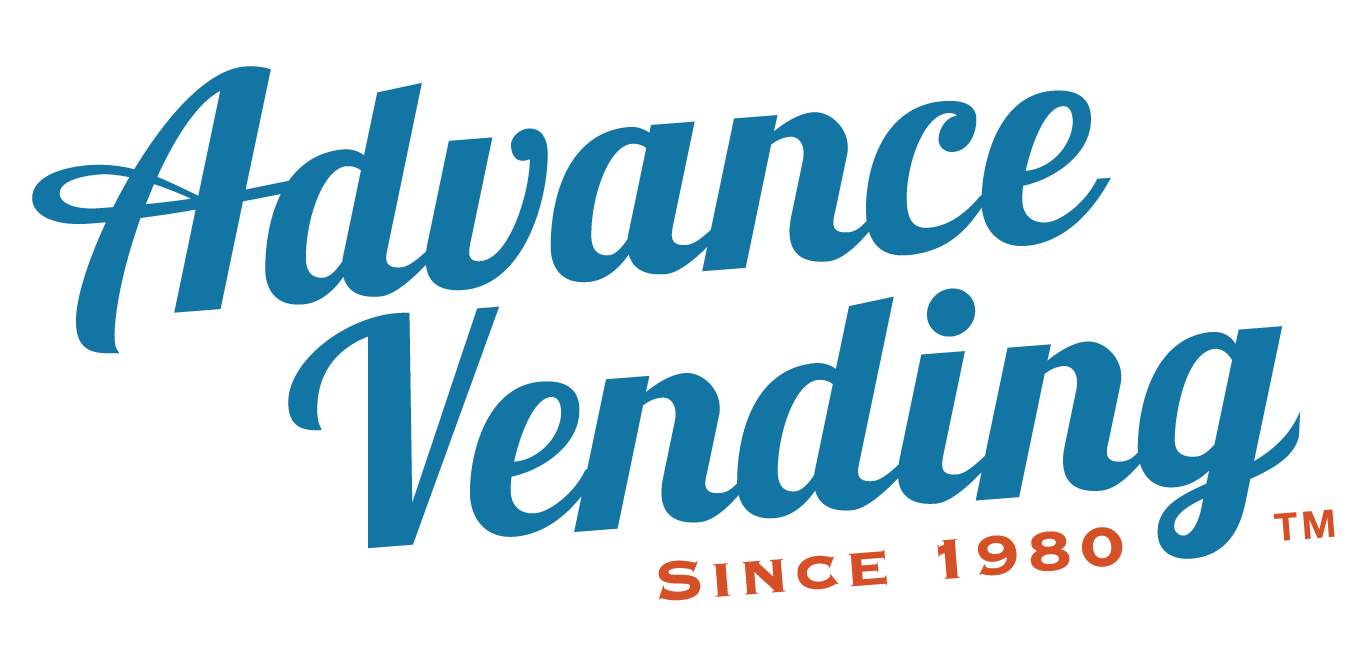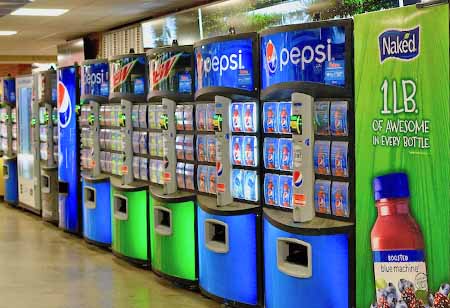New analysis reveals that 40% of ‘leading’ meals corporations together with Nestlé and Unilever now have devoted groups for the improvement of plant-based meat and dairy possible choices.
The knowledge comes from the brand new on-line Sustainable Proteins Hub for traders, and ‘Appetite for Disruption: A Second Serving’ record, introduced by means of the FAIRR Investor Network.
The record highlights new analysis that presentations over $1.1 billion a chance funding has flowed into choice proteins within the first part of 2020, greater than double final yr’s overall funding ($534 million). The choice protein marketplace is anticipated to develop to $17.9 billion by means of 2025. Amidst public worry over the hyperlink between meat manufacturing and the continuing COVID-19 and African Swine Fever crises, shops and producers are dealing with a surge in call for for plant-based merchandise.
This has been felt maximum acutely in China the place beef intake is estimated to drop by means of 35% this yr, whilst plant-based beef logo OmniFoods noticed document enlargement throughout China and different Asian markets. Brands like Impossible Foodsand Oatly have set their points of interest at the area and Nestle is to construct a $100m plant-based centre in China.
Jeremy Coller, founding father of FAIRR and leader funding Officer at Coller Capital mentioned: “The corporate knowledge printed these days is difficult proof that gigantic meals manufacturers are vying for his or her slice of the plant-based pie. They are greatly scaling-up and skilling-up their capability to analyze and expand plant-based possible choices to meat and dairy. Tangible objectives for a protein transition are being installed position.
“The post-COVID landscape has made 2020 a watershed year for the sustainable protein market: the sector has attracted double the investment of last year in just six months. This engagement shows which food companies are putting in place the infrastructure and innovation to benefit from this seismic shift in the ways we shop and eat; and those that will lose out. Investors are watching closely.”


